Assisted living and nursing home facilities are adopting the latest healthcare innovations to make residents safer, happier, and healthier.
It might come as a surprise, but 96 percent of seniors over 65 don’t live in nursing home or assisted living facilities.
Nonetheless, the remaining 4 percent make up a sizable 2.5 million senior care residents in the US who need some level of professional care to function.
For these residents, the technological advances coming out of digital healthcare initiatives worldwide provide better healthcare and quality of life.
Some of these innovations you might already know. But others might surprise you.
Wearables
The latest developments in healthcare IoT wearables capture the imagination.
Wearables today can track calorie intake, alcohol consumption, heart rate, temperature, steps taken, glucose levels, and cardiovascular health—and deliver that data instantly to clinicians.
The steady stream of data can help doctors monitor the health of their patients and track trends and changes much more easily and accurately than regular checkups.
Some companies have also developed miniaturized sensors and augmented reality glasses to enhance the everyday experiences of blind and visually impaired people. These innovations go a long way to improving the quality of life for the elderly.
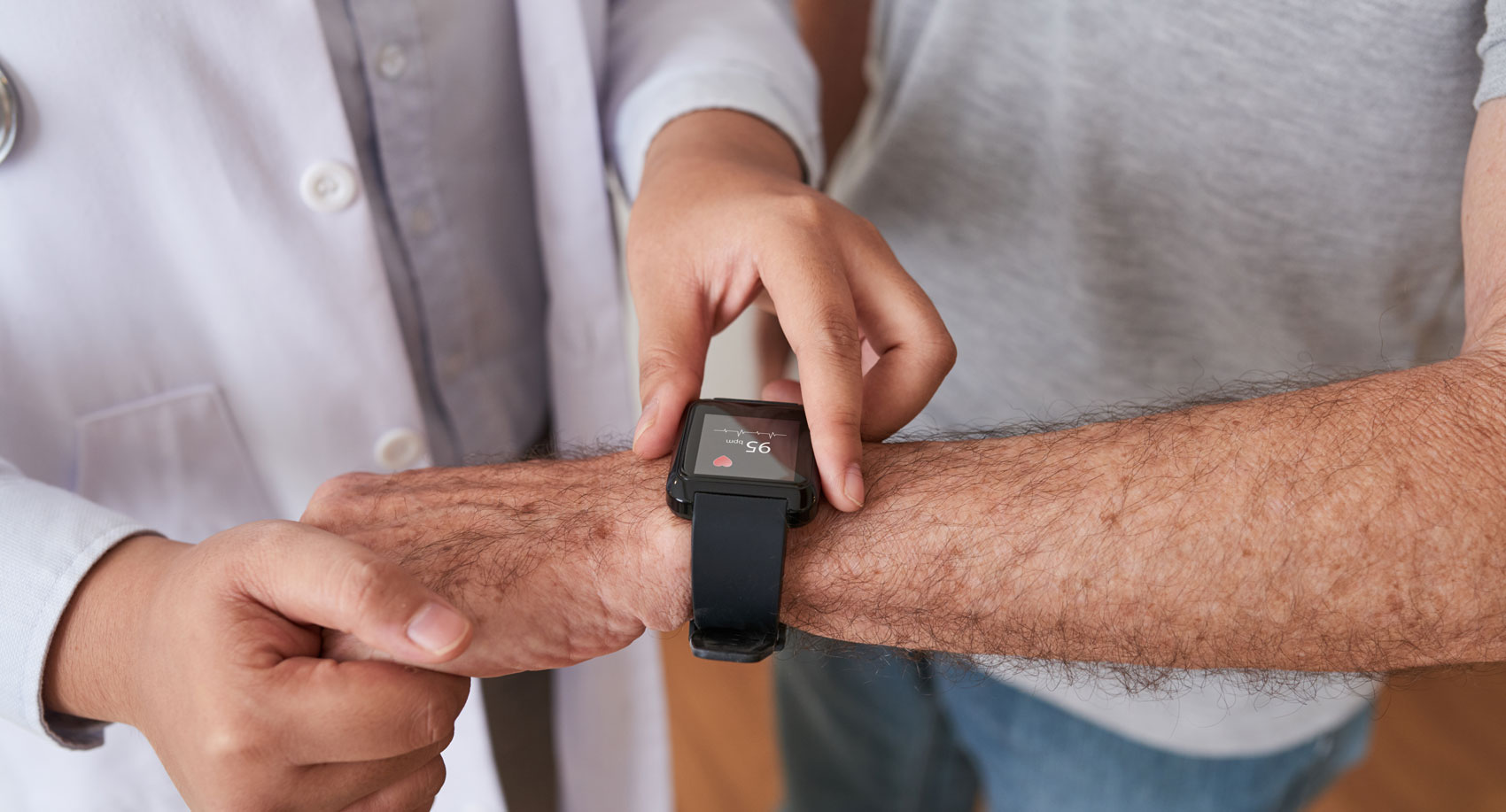
Location devices
Senior care facilities use location devices such as pendants that can be worn around the neck of residents, allowing staff to keep track of their movements and be alerted if they wander off.
Residents can also wear panic necklaces with buttons that can be pushed if they’ve fallen or are experiencing another medical emergency.
But what if a resident has passed out? Some devices can sense how close the wearer is to the floor. When the device is dropped or within a certain distance from the ground, an alert is sent. Sentry and Buddi are two such devices with this feature.
Surveillance cameras
Surveillance cameras are essential in providing security to residents and tracking their location. They also protect against abuse by workers and visitors.
In addition, cameras can also track the behavior of dementia and Alzheimer’s patients. Such patients often have walking patterns marked by slowing, freezing, shuffling, hesitation, and repetition. Wireless sensors work in concert with surveillance cameras to track walking patterns and give caretakers better information for diagnosis and treatment.
Wireless carts
Wireless carts allow the convenience of administering drugs, respiratory treatments, blood tests, cancer treatments, imaging services, and intake procedures on the spot wherever the patient is.
The carts typically come with supply caddies, various hookups for electronic equipment, tablet brackets, workspaces, and webcams for meetings and consultations.
Carts also allow nurses to record vitals immediately instead of running back and forth to a nurses station, decreasing the chance of human error, and possibly saving lives.
Automatic IV drips
IV drips that administer medications and pain relief can ensure that patients never miss a dose and get the right amount of medication. They also free up medical personnel to tend to other duties.
There are even companies building “empathetic” interfaces that help caregivers understand their patient’s emotions. This can be especially helpful for an elderly person whose ability to communicate is impaired.
A company called Affectiva has built a database of millions of face videos collected from various countries with an AI engine that recognizes emotional expressions. The invention is designed to predict—among other things—whether patients are experiencing pain so that caretakers can respond with treatment or relief.
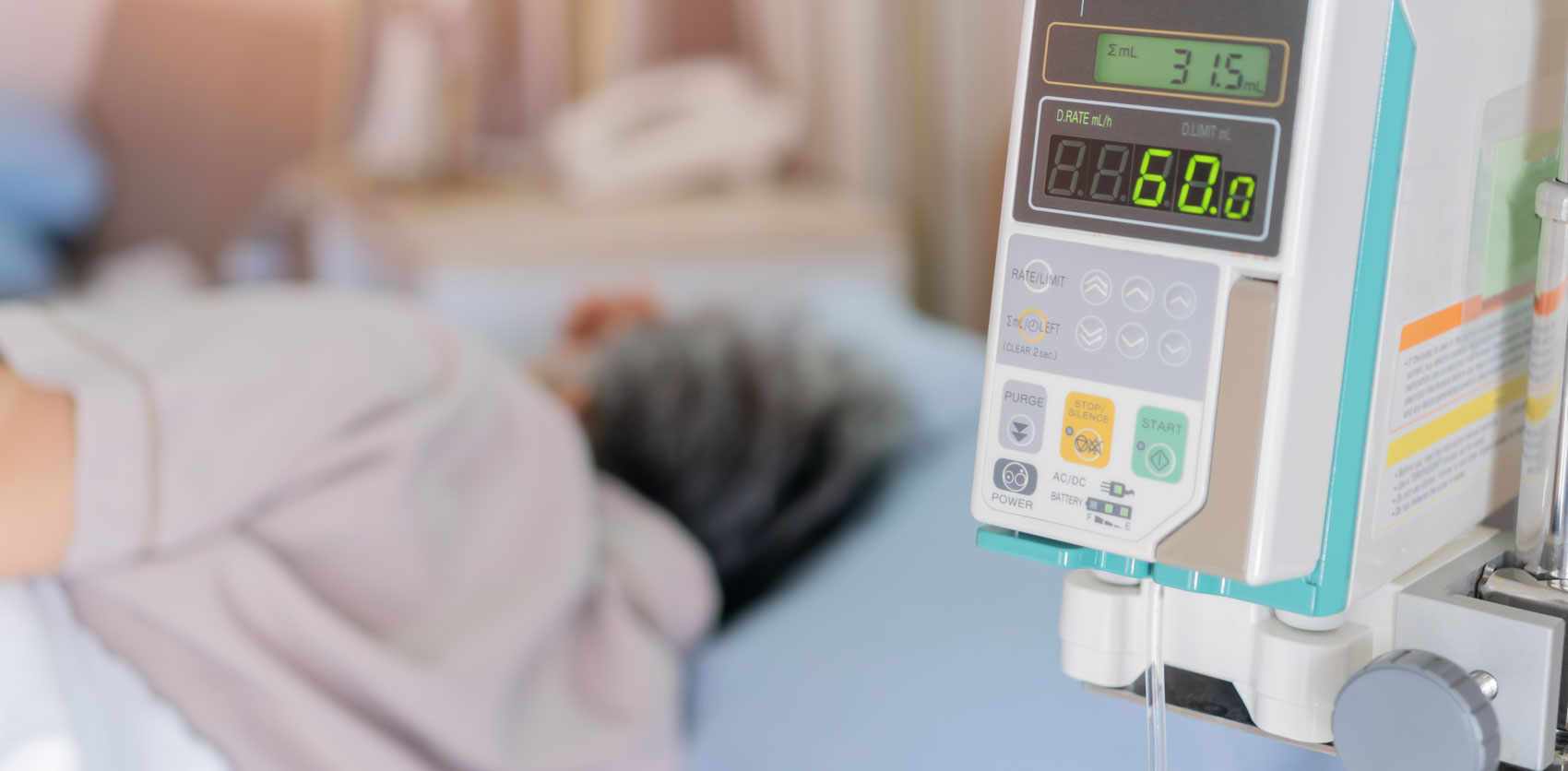
Electronic healthcare databases
The sheer volume of healthcare data is mind-boggling. Not only is patient information input manually but also input automatically from wearables. Many ambitious healthcare initiatives aim to create a secure global database of healthcare information that can be accessed no matter where a person is in the world.
Some elderly people in senior care facilities are bedridden or have limited mobility. In these cases, being able to access healthcare information and conduct remote consultations with healthcare professionals is essential.
What’s the catch?
So, what does all this technology need to function optimally in a senior care environment? What infrastructure component efficiently connects workstations, printers, routers, modems, access points, and surveillance cameras—as well as the massive number of wearables, smart phones, and tablets tapping into the Wi-Fi? What equipment can provide the speed and power an increasingly complex network of healthcare gadgets needs?
The short answer? Switches.
EnGenius Technologies has a solid reputation in the senior care vertical (see case studies below) and stands ready to help senior care providers and IT directors lay the foundation for a powerful, scalable network for their facilities. Our state-of-the-art gigabit switches come with simple setup, hassle-free Cloud management, cost-saving Power-over-Ethernet, and multi-port scalability.
If you are interested in a network upgrade for your facility, let us know! We’ll get you set up.
Read our assisted living and nursing home case studies featuring EnGenius products:
 | Meadowood Nursing Center | Clearlake, CA Case Study: 24-hour care facility wanted reliable Wi-Fi to replace its failed home router system – When it came to Wi-Fi, Meadowood Nursing Center had absolutely no data infrastructure. Their previous network consisted of home routers scattered throughout the building. For a 99-bed facility, the routers proved inadequate in providing fast, reliable Wi-Fi bandwidth to residents and staff. Learn More > |
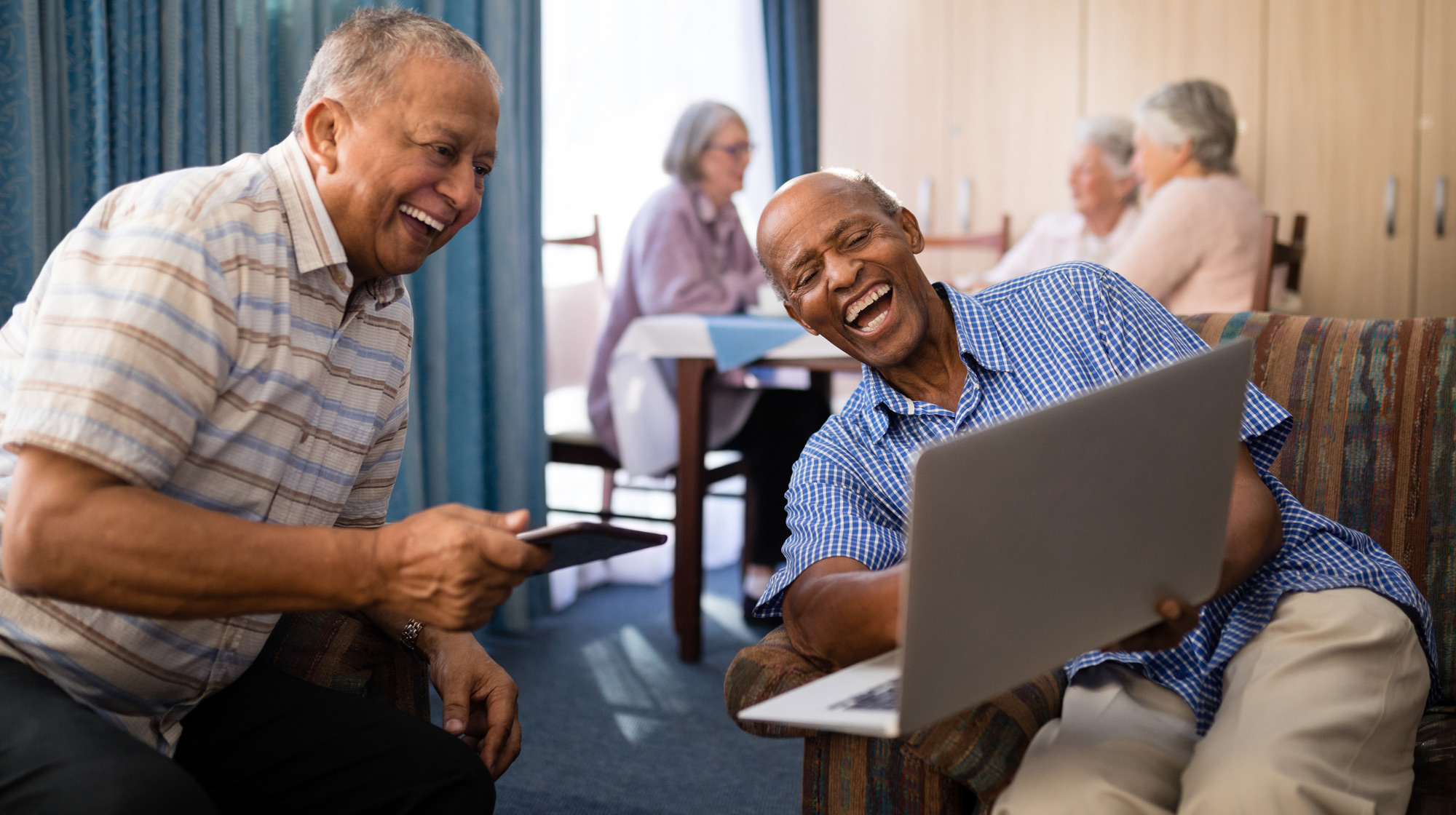 | Digital Technology to Provide High-Quality Care | Strongsville, OH Case Study: Using an On-Premises Network Controller in Senior Living – Kemper House, a five-building, 55,000-square-foot memory care unit, provides care for 90 residents living in apartments at the facility. Learn More > |
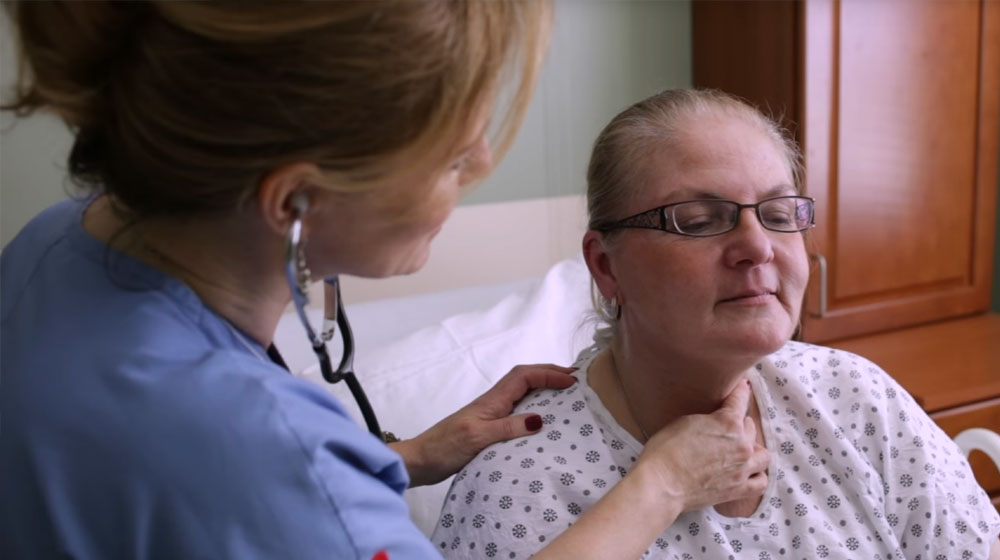 | Golden Hill Nursing & Rehabilitation Center | Kingston, NY Case Study: Nursing Facility Upgrades Wi-Fi & Patient Care – Independent Computer Maintenance (ICM) is a full-service IT managed service provider for small businesses located in New Jersey. Golden Hill Nursing and Rehabilitation Center, a 280-bed skilled nursing facility, hired ICM to upgrade the Wi-Fi network at its sizable facility. Learn More > |
 | Brookdale Senior Living | 47 States Nationwide Case Study: Addressing Life Safety Issues & Ensuring a Rapid Response – Brookdale Senior Living, Inc. is the leading operator of senior living communities throughout the United States with approximately 1,121 retirement facilities in 47 states and the ability to serve nearly 103,000 residents. Brookdale’s 82,000+ associates provide a wide variety of care services in independent and assisted living, and dementia-care communities and continuing care retirement centers. Learn More > |
 | Westrock | Paola, KS Case Study: Long-Range Phones Working with Nurse Call Systems – WestRock helps healthcare facilities improve quality of care to their patients through the distribution and installation of dynamic, cost-effective solutions such as patient lifts, nurse call systems, patient wandering/door access systems, bathing systems, and specialty seating. Learn More > |
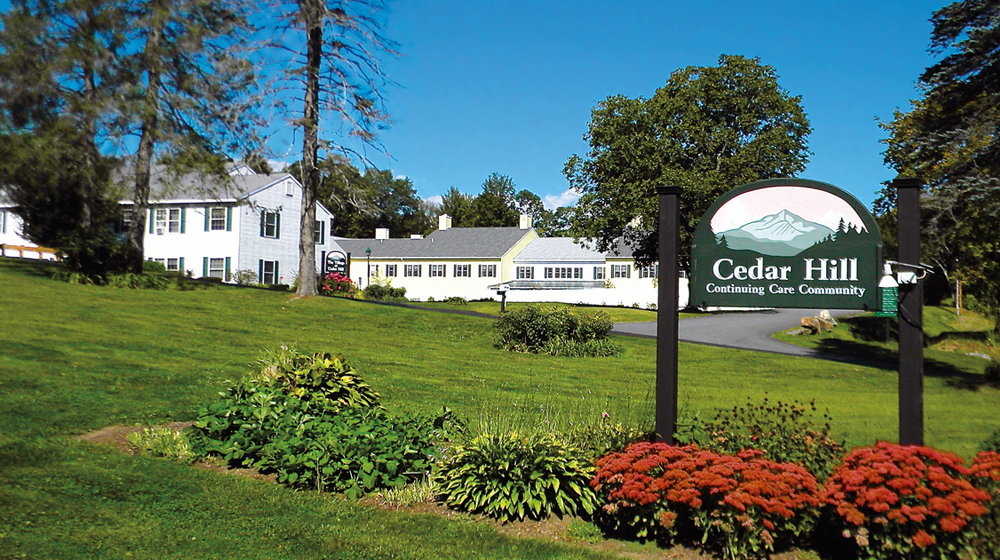 | Cedar Hill Continuing Care Community | Vindsor, VT Case Study: Long-Range Phones Crucial for Assisted Living – Cedar Hill Continuing Care Community is an award-winning senior living community. The Vermont campus includes: an independent- and assisted-living area with 40 apartments; a 39-bed skilled-nursing facility; and a 20-bed specialized memory care center. It also features community gathering areas such as a café, a greenhouse, activity spaces, and outdoor gardens. The abundance of space and extensive facilities, however, place significant demands on wireless phone connections. Learn More > |
 | Sentara Healthcare | Hampton Roads, VA Case Study: Cordless Business Telephone System – Headquartered in Norfolk, Virginia, Sentara Healthcare operates more than 100 sites of care including outpatient campuses, urgent care centers, advanced imaging centers, medical transport ambulances, home health and hospice services, Nightingale air ambulances, rehab and therapy centers, and nursing and assisted living centers. Learn More > |
